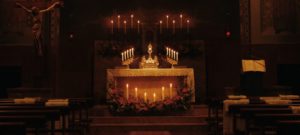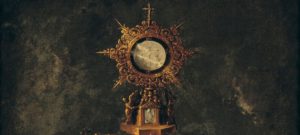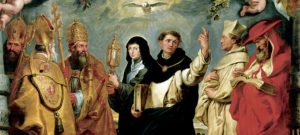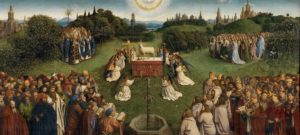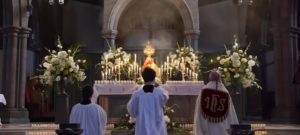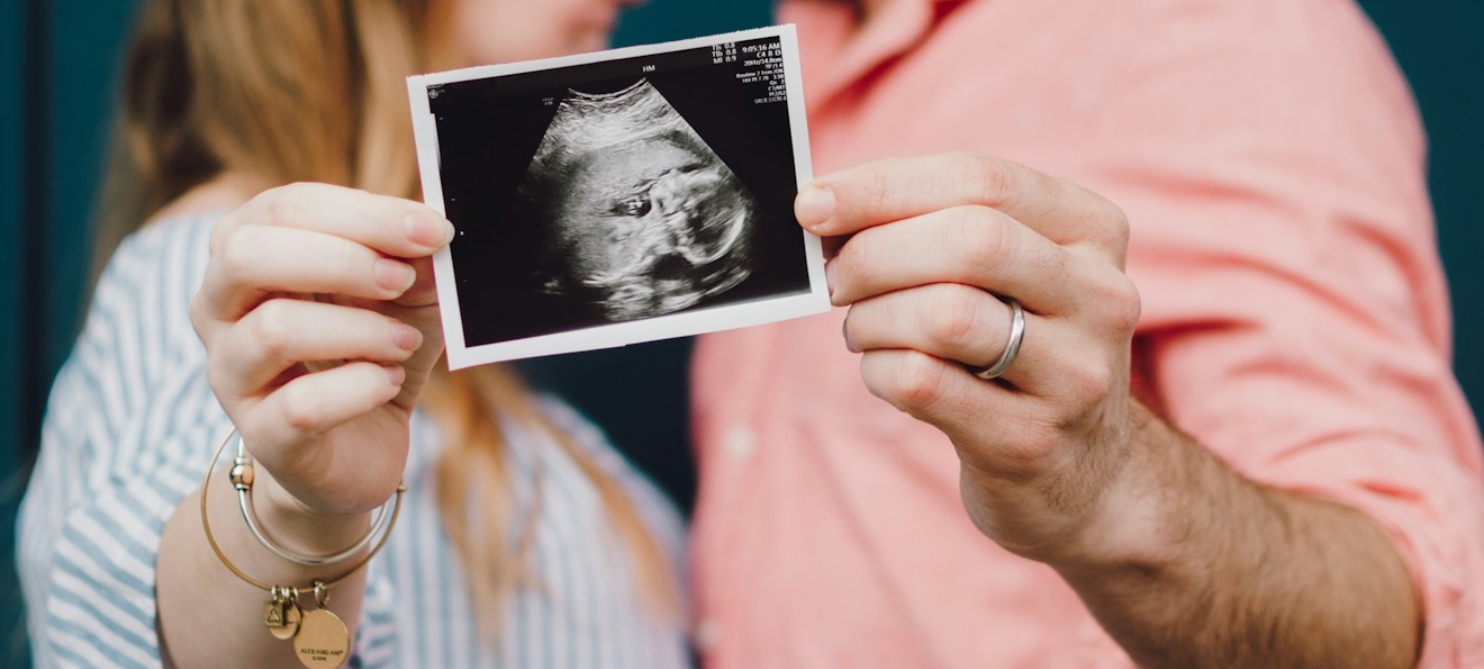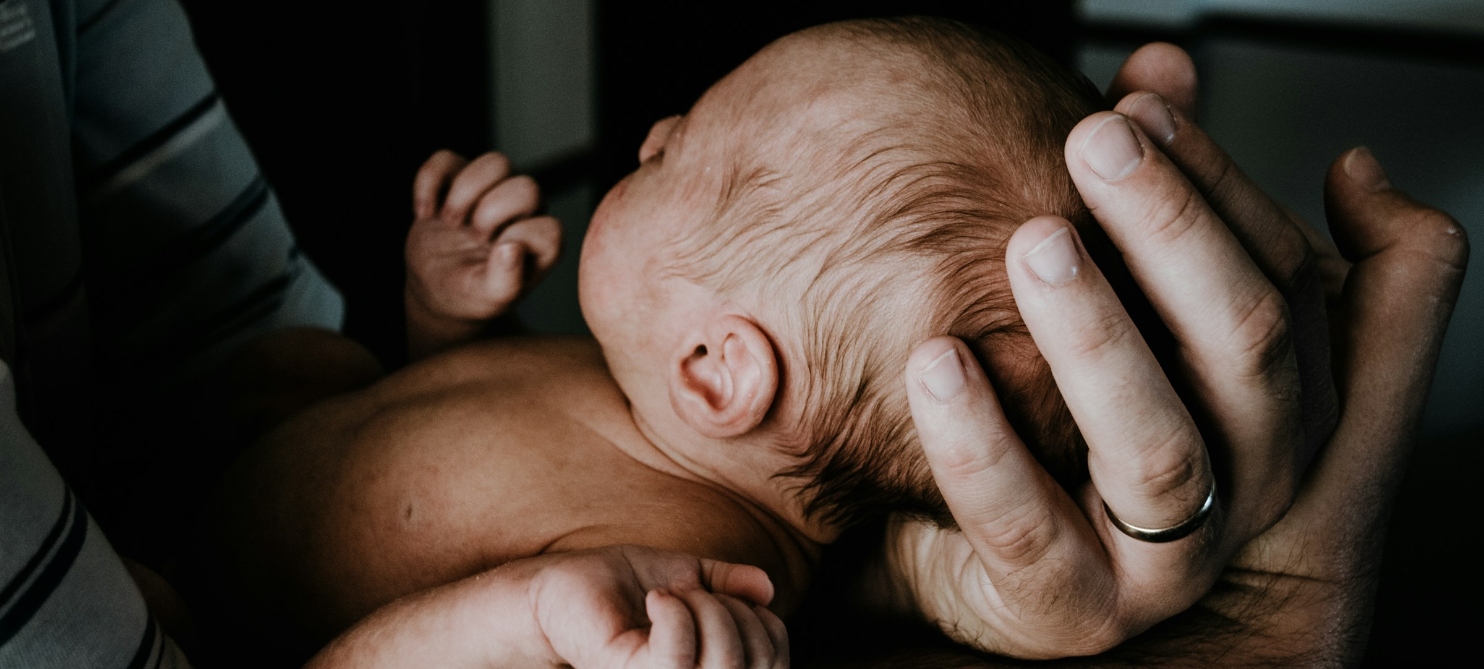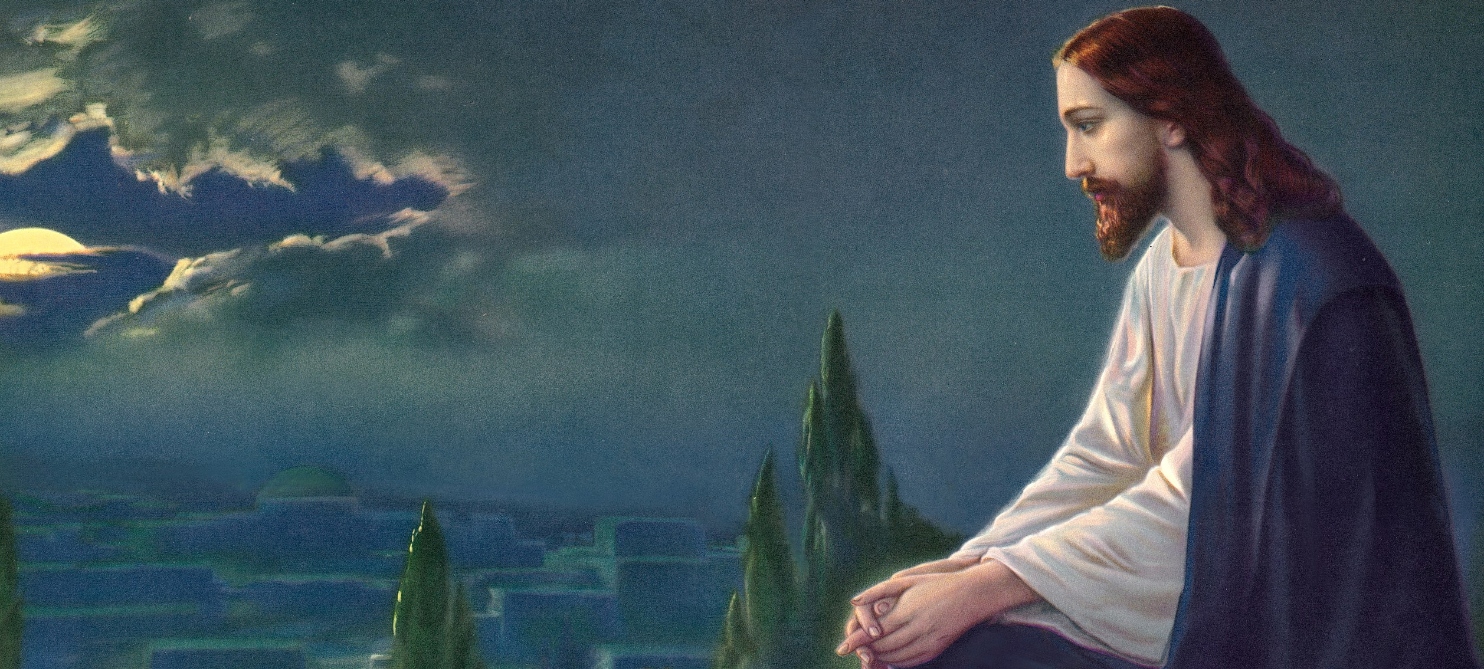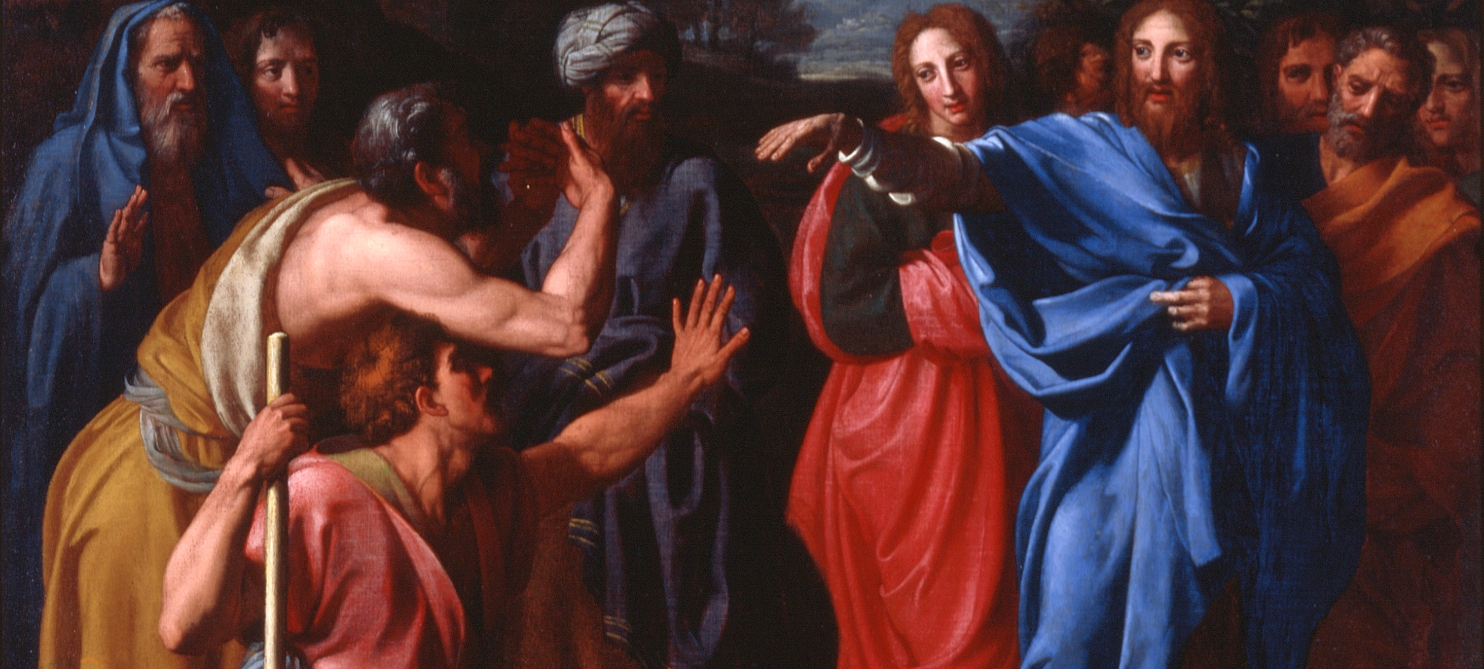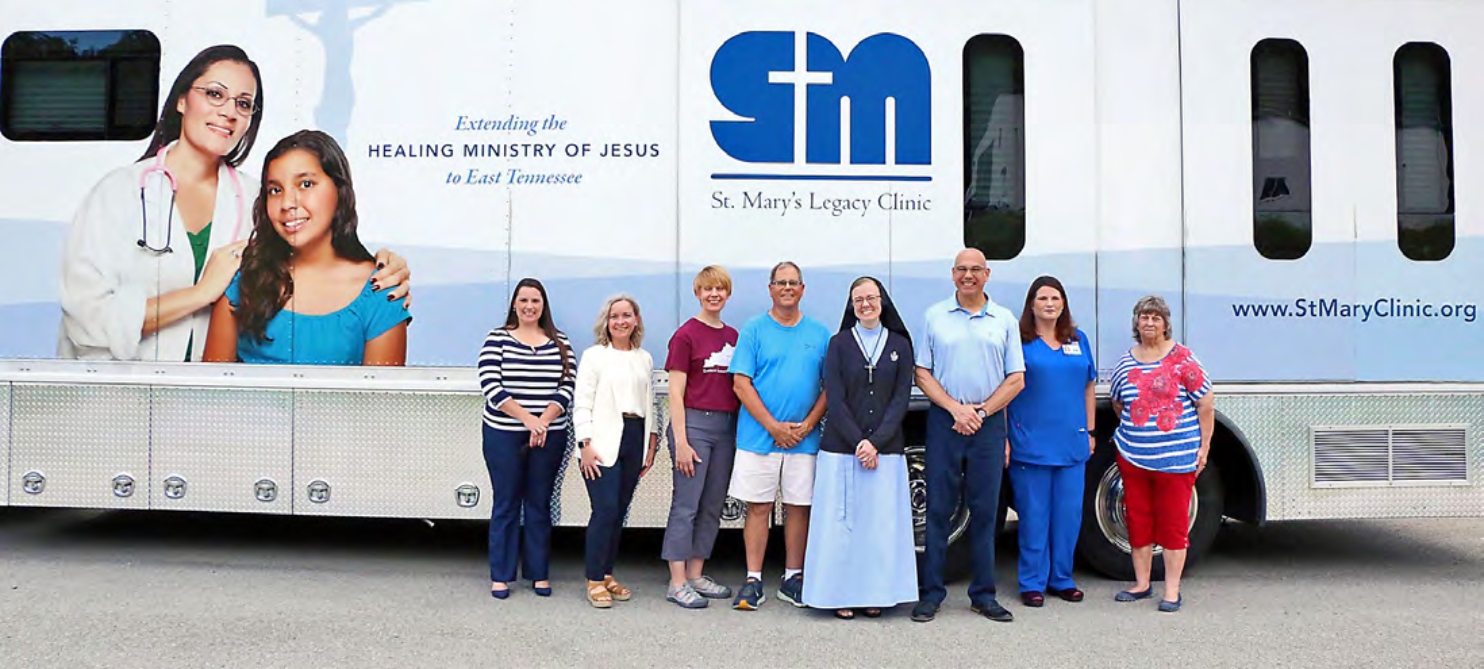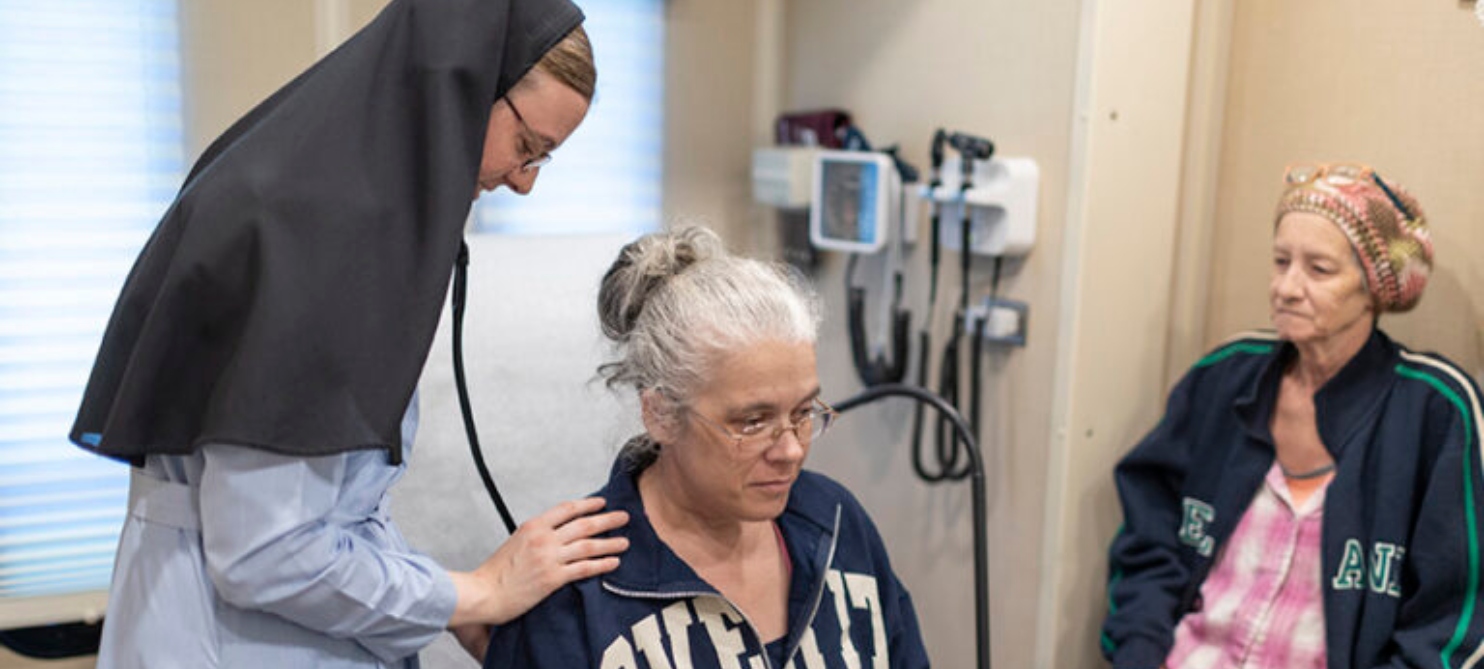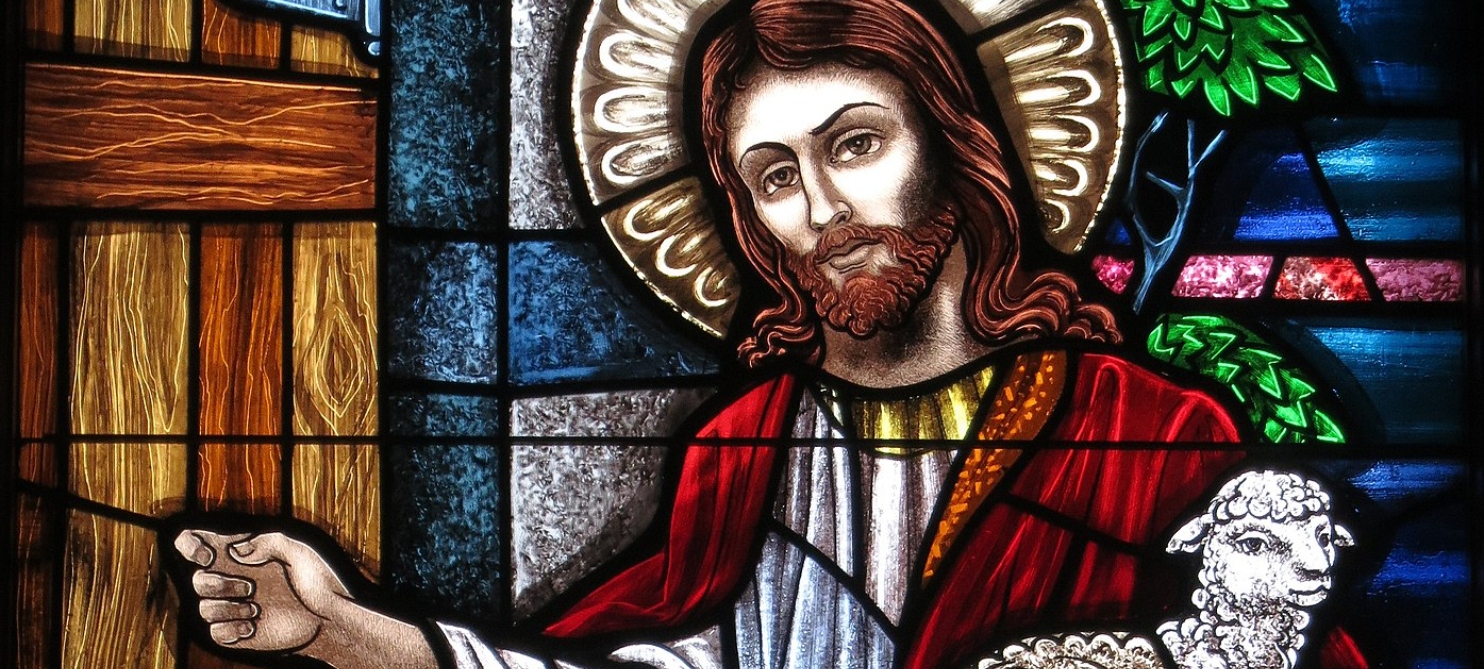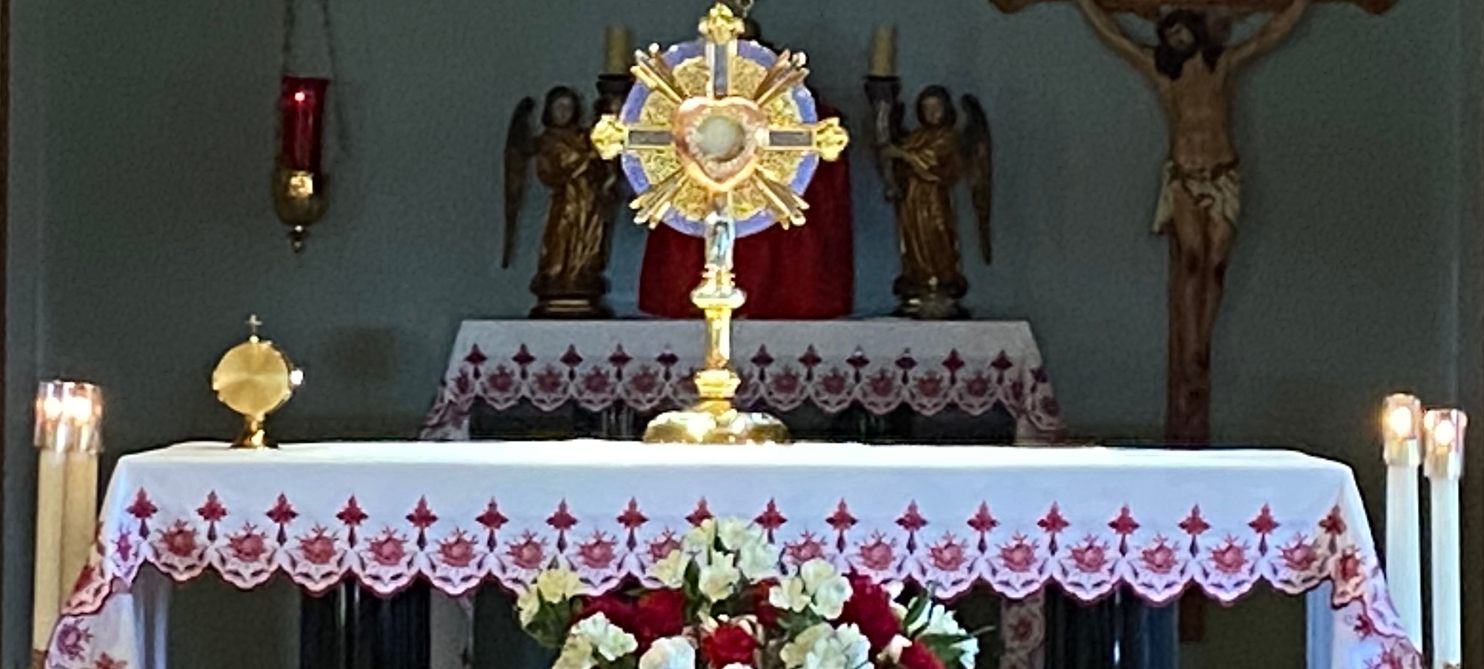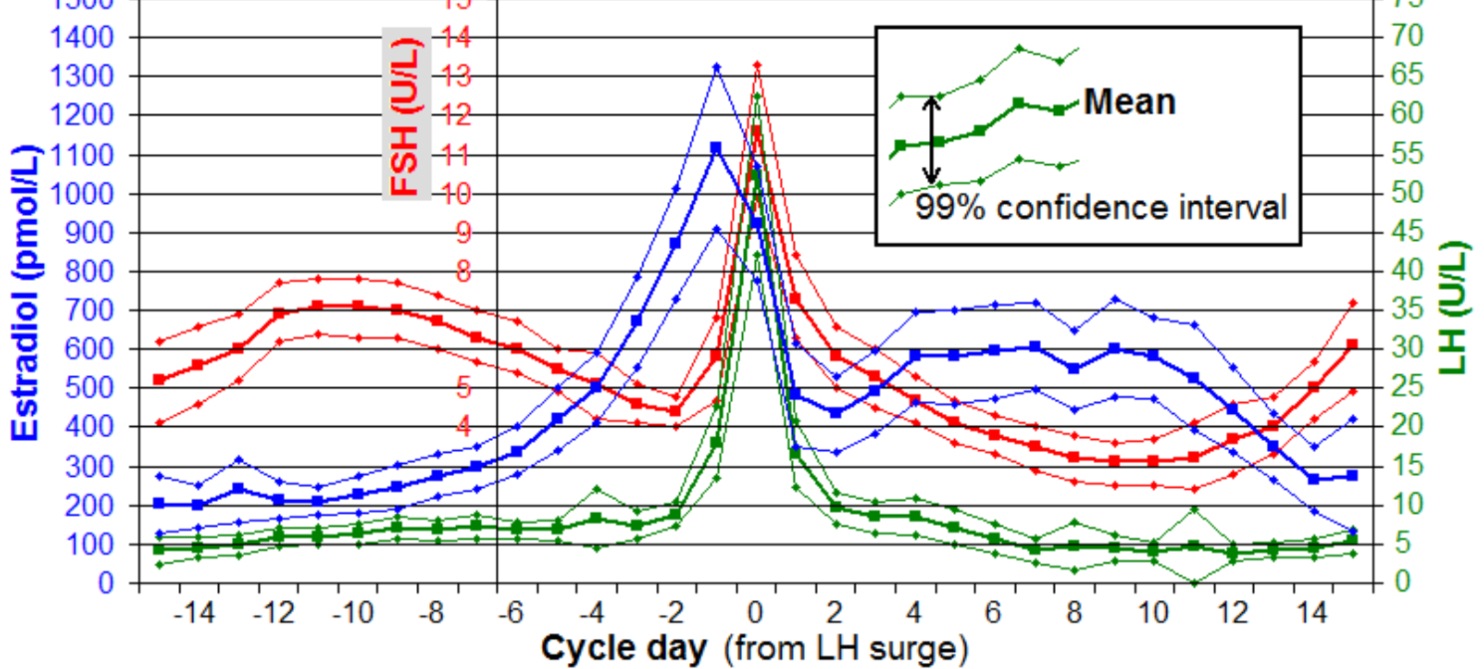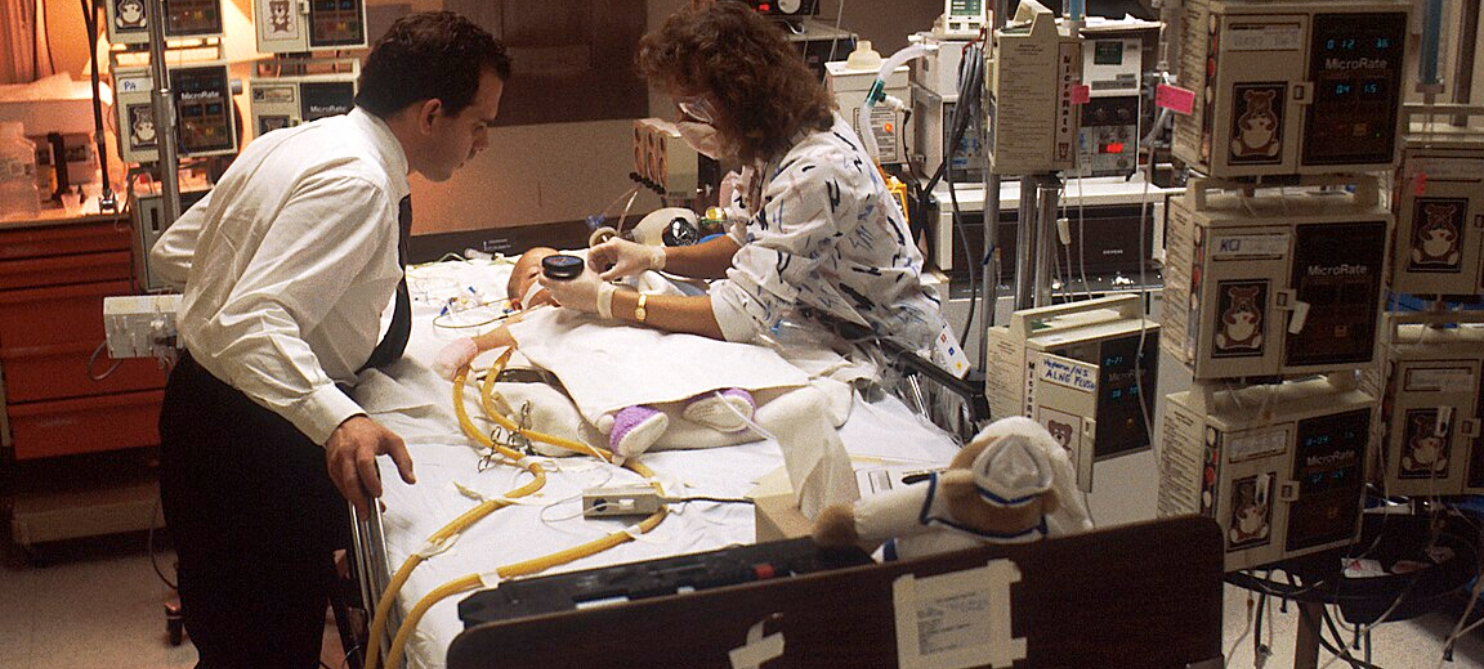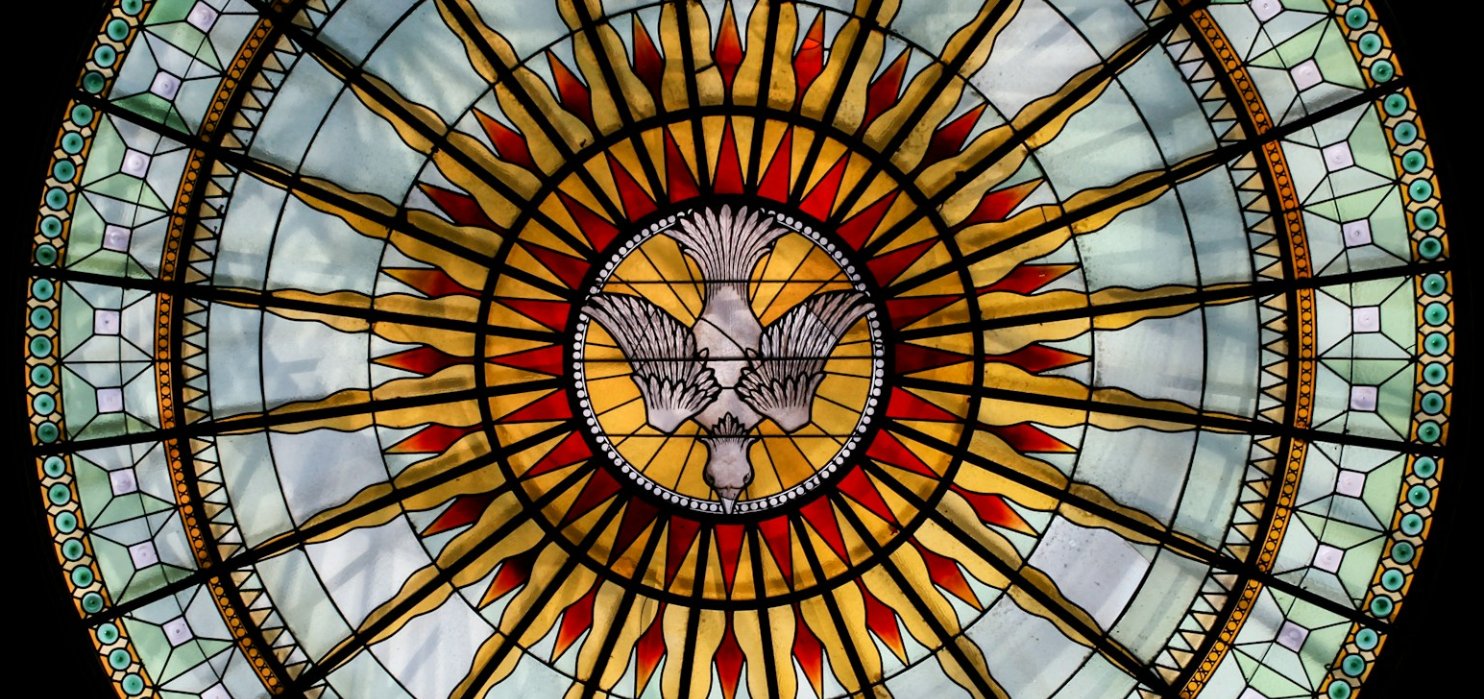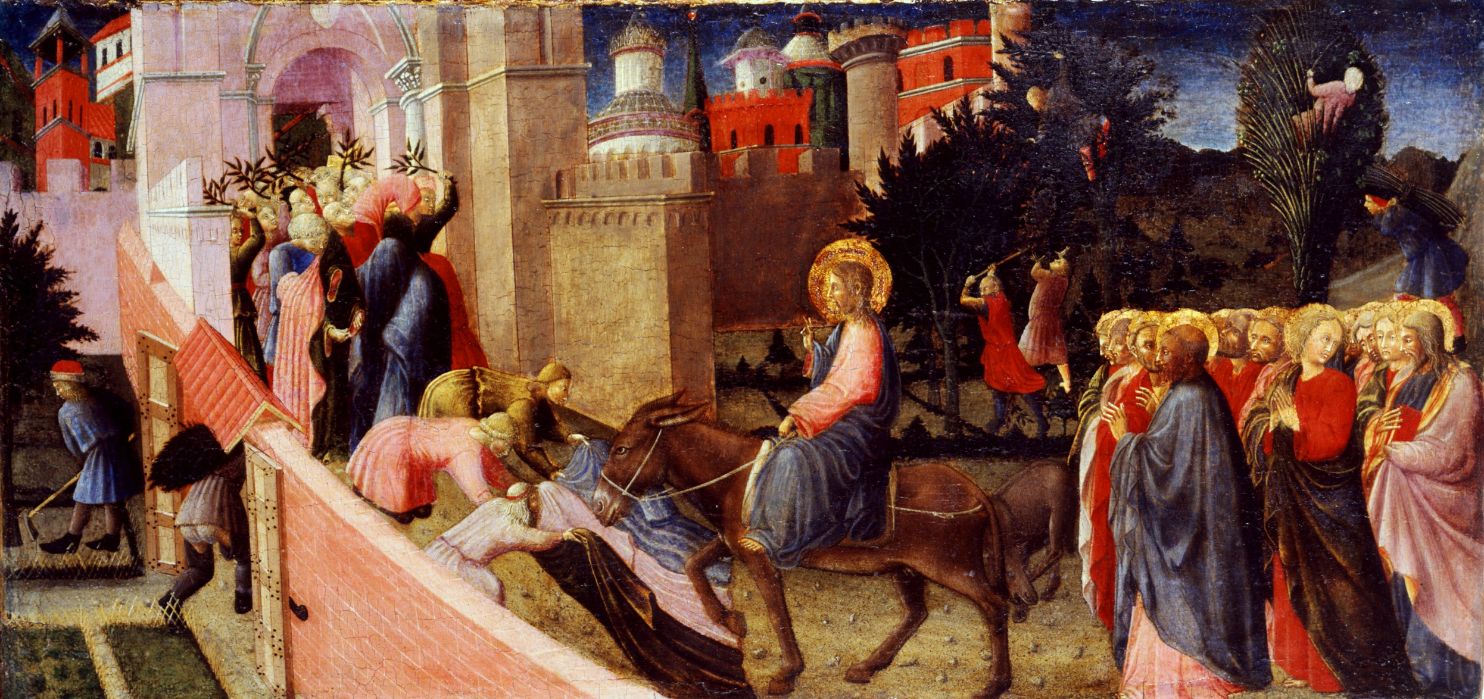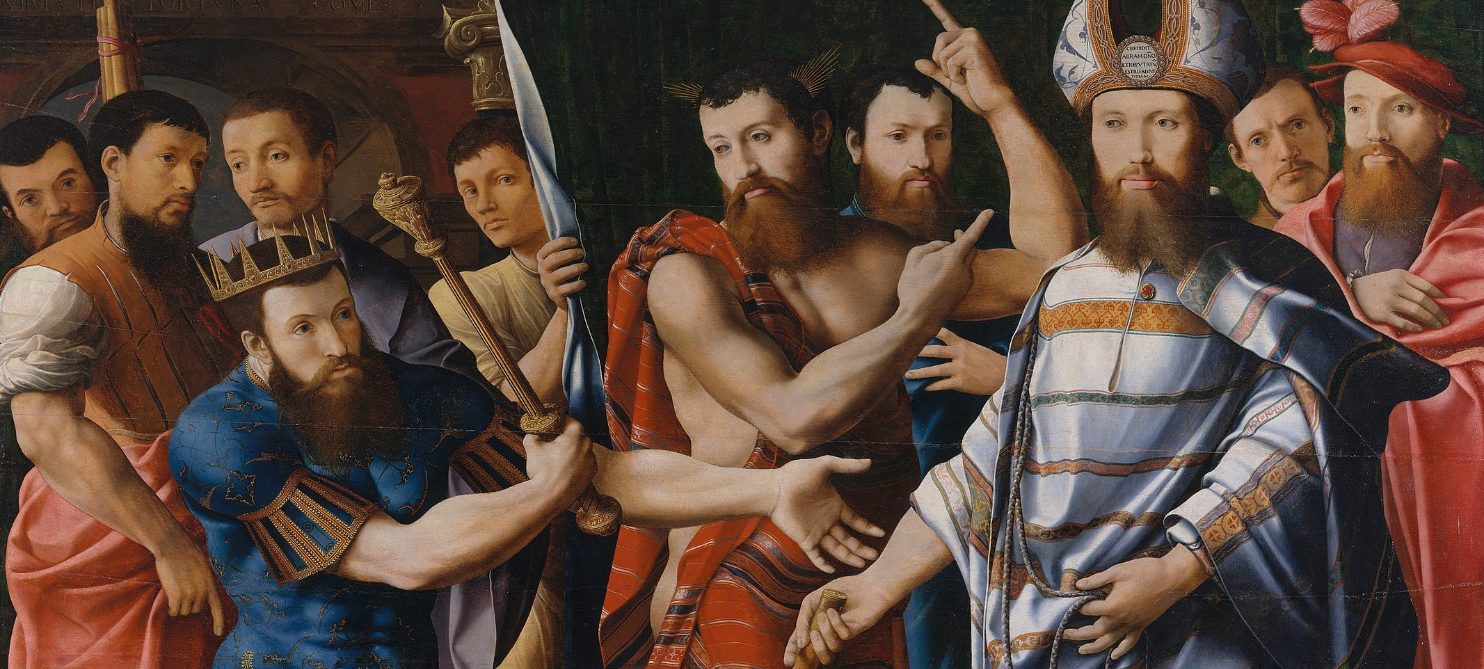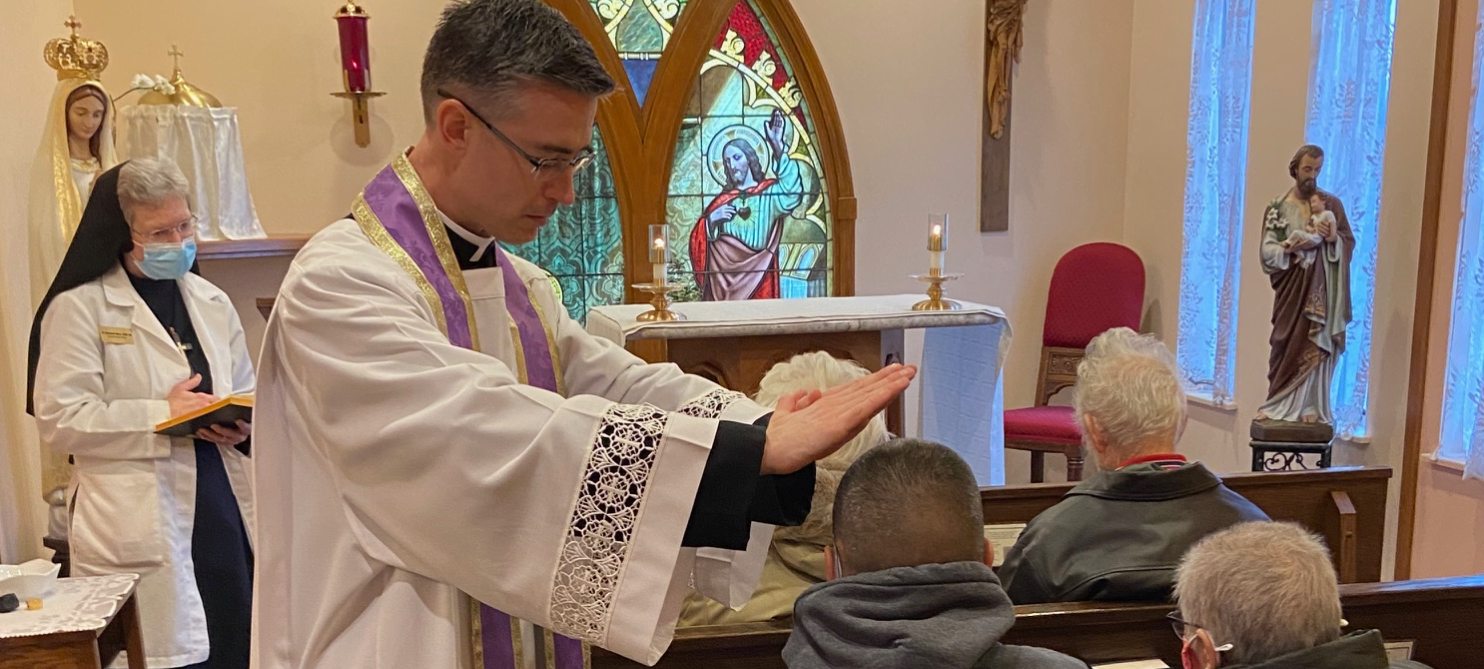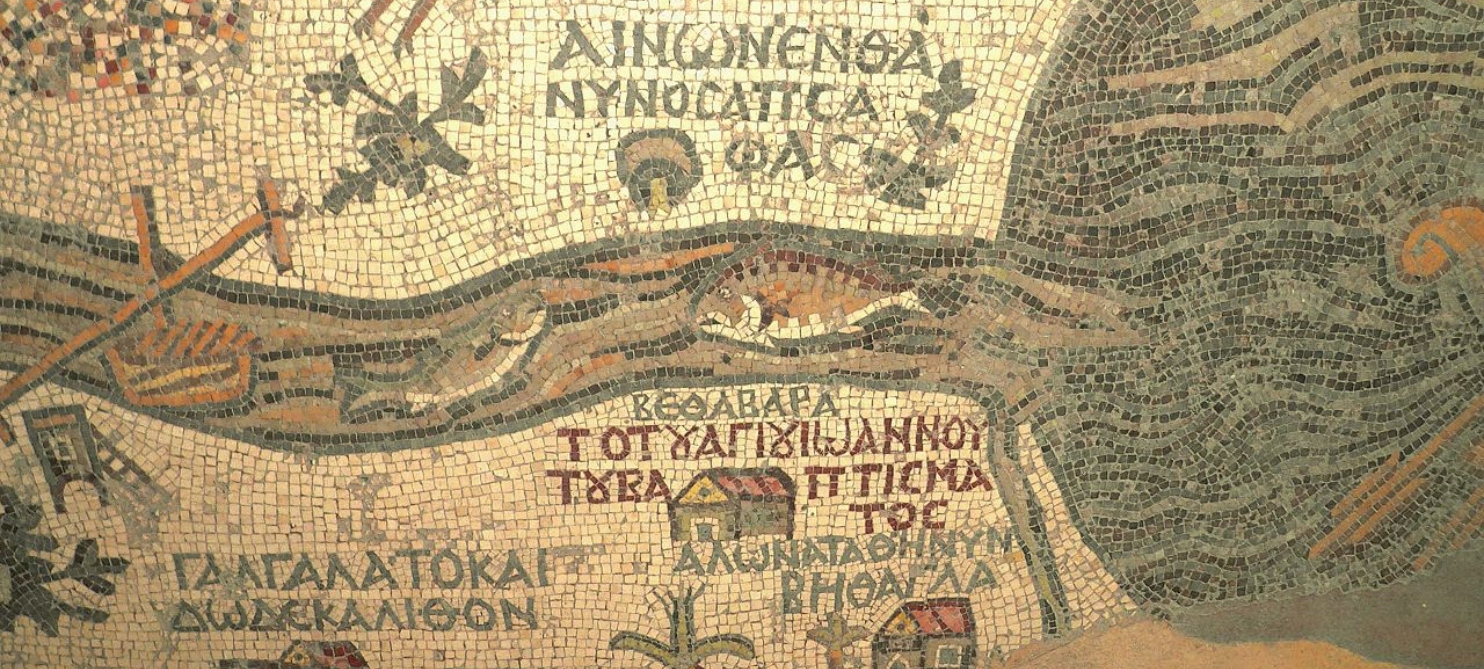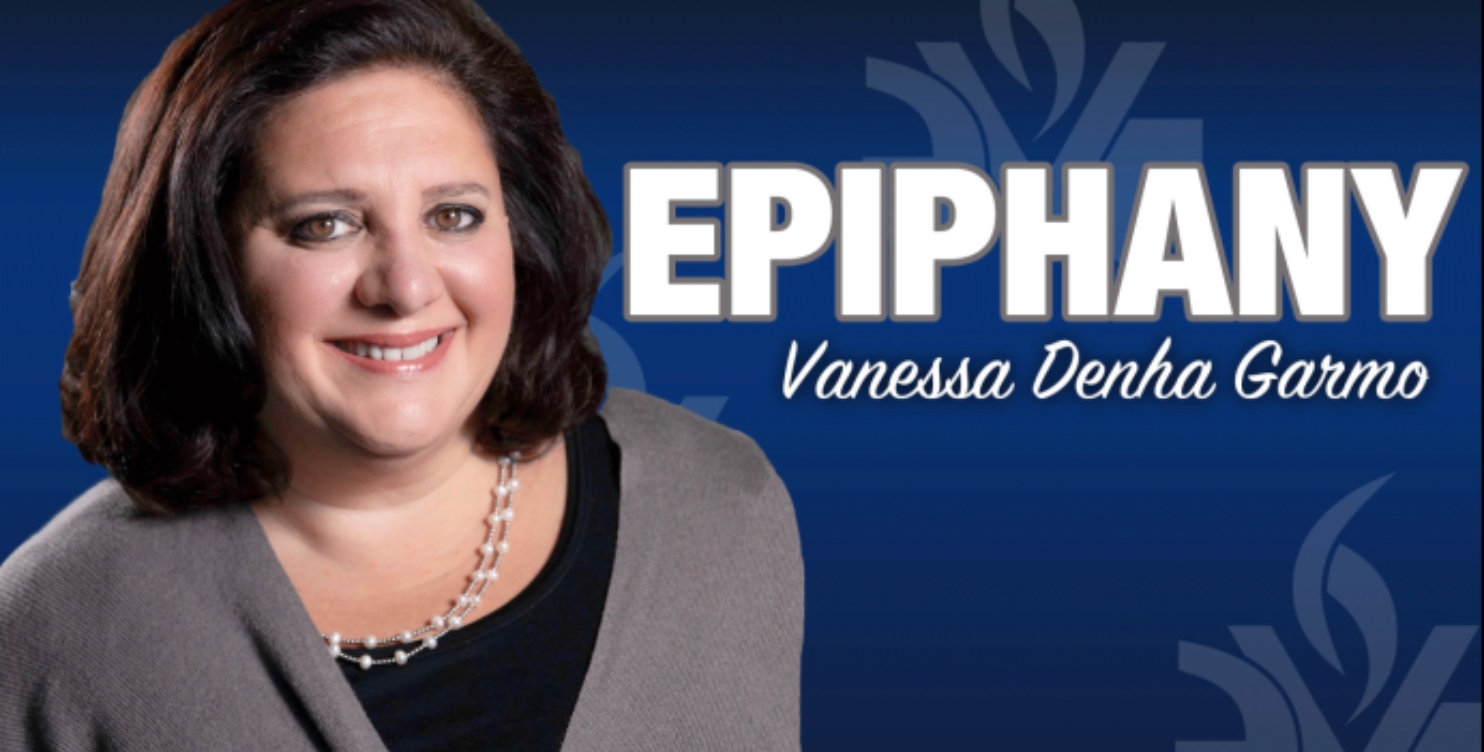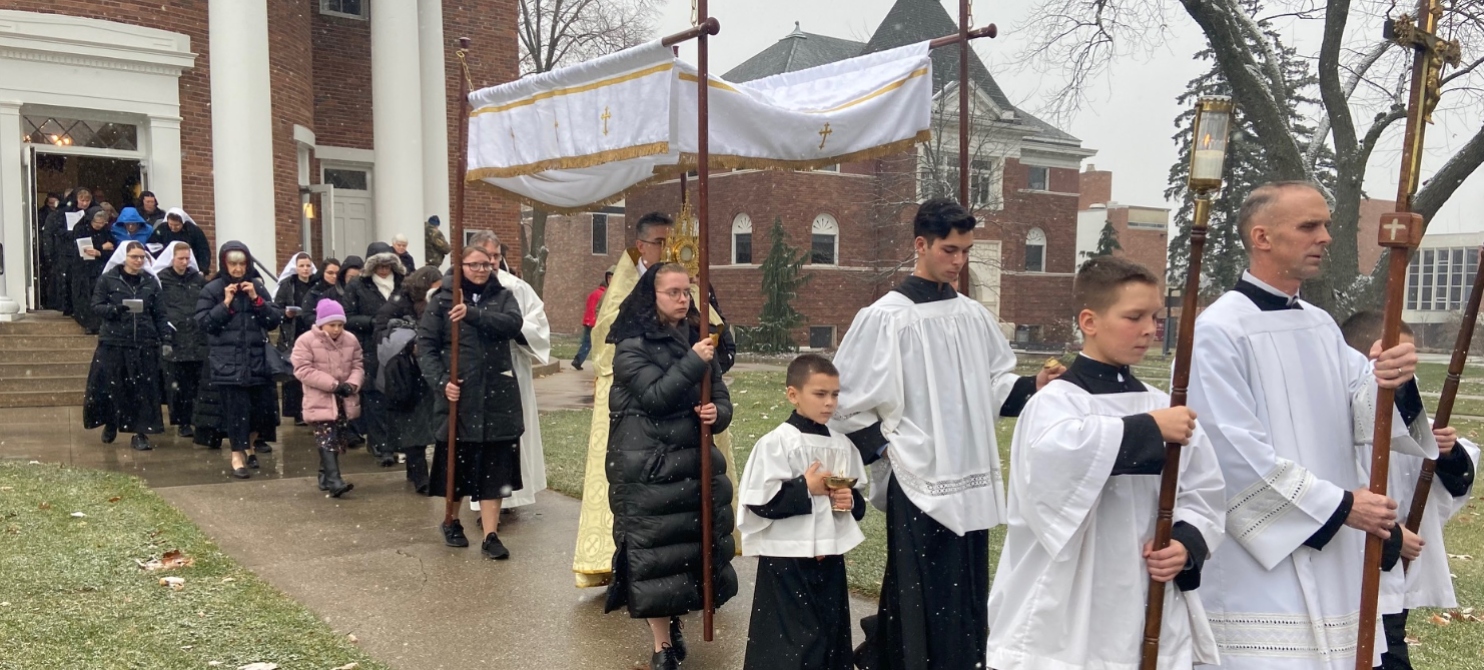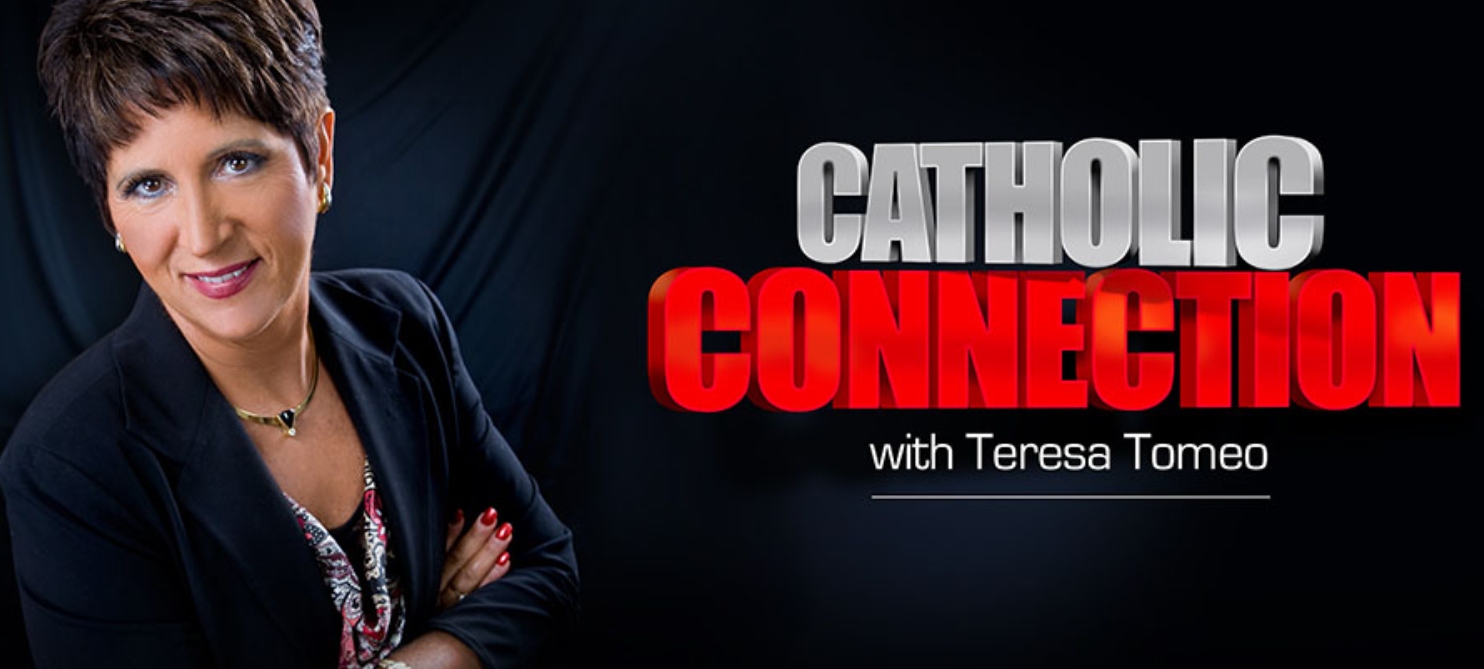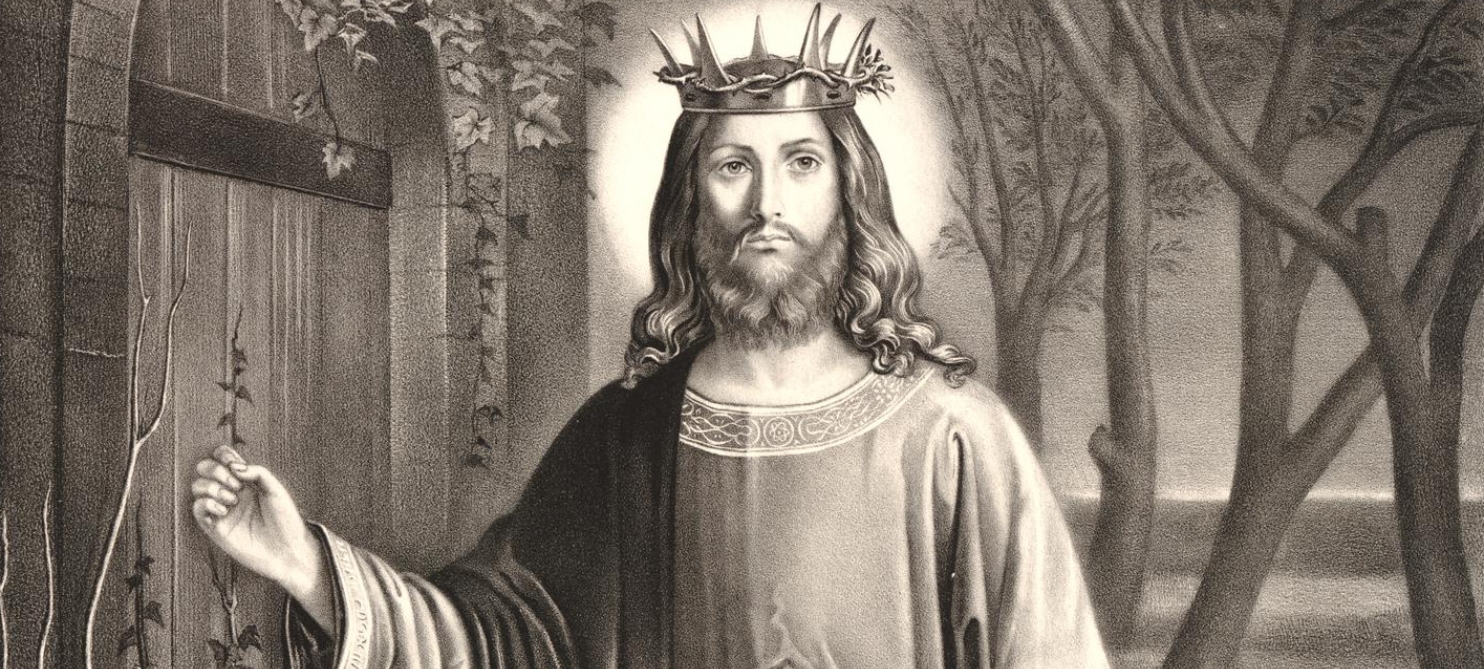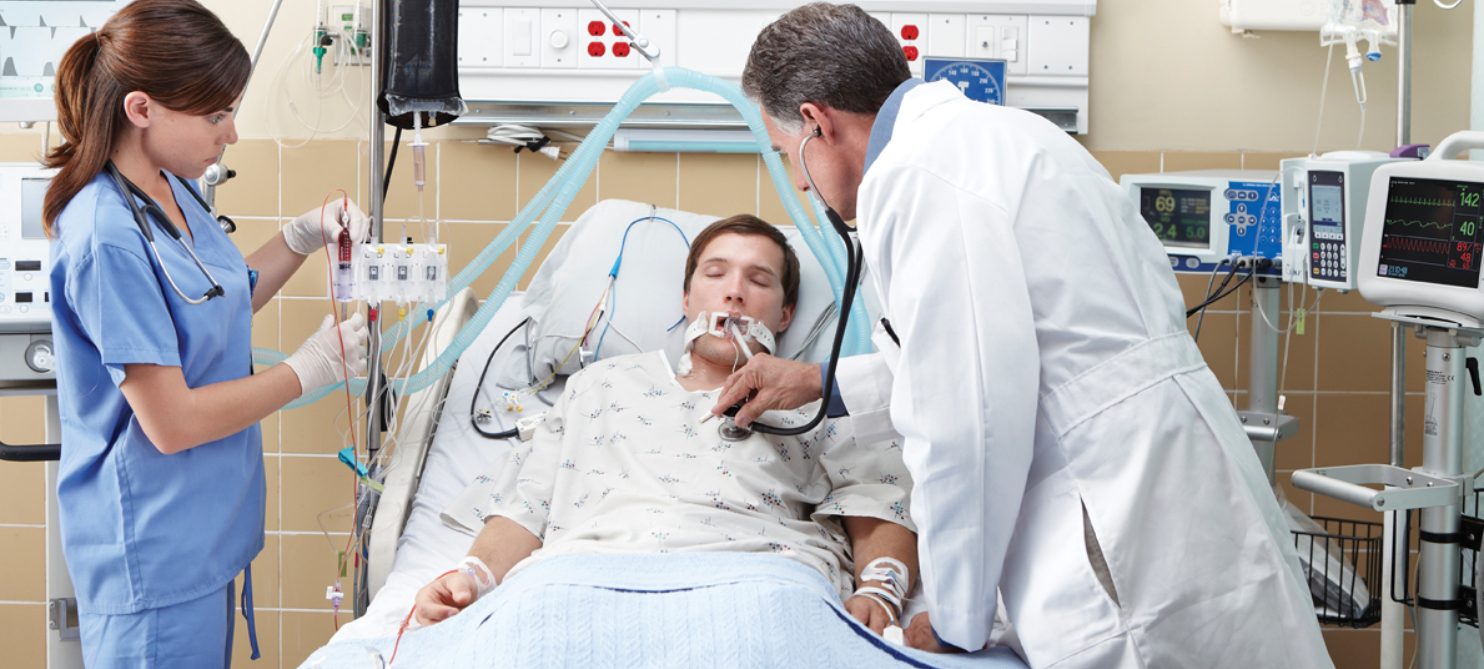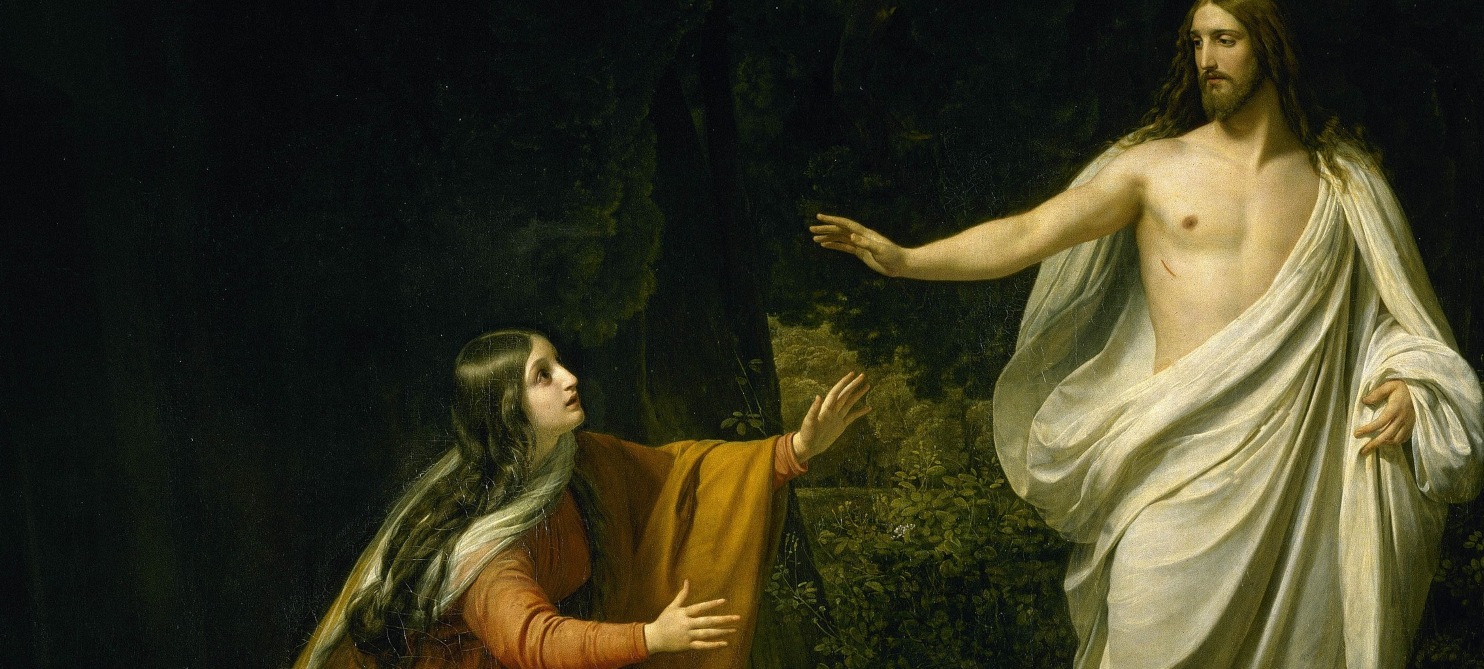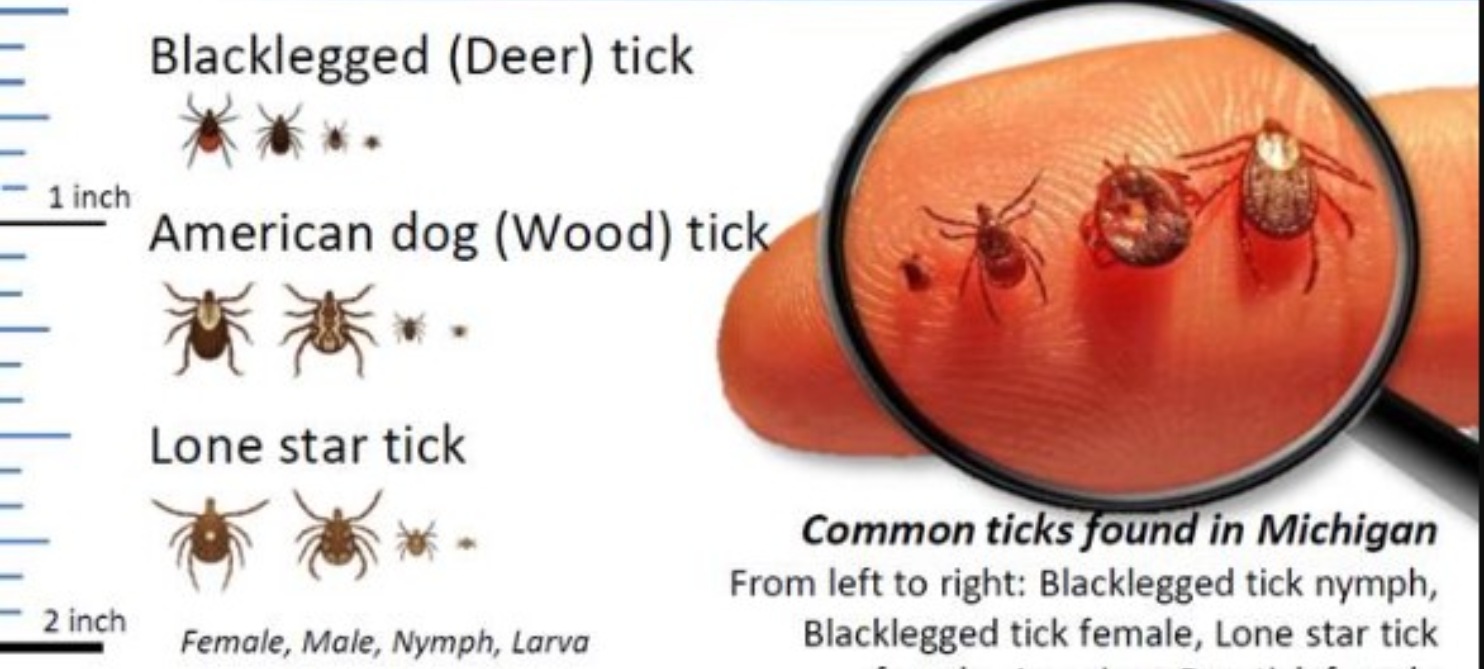“You do not realize now what I am doing, but later you will understand…Unless I wash you, you have no part with me.”[i] “Jesus, knowing that the Father had given all things into His hands, and that He had come forth from God, and was going back to God, rose from supper, and laid aside His garments; and taking a towel, He girded Himself about. Then He poured water into the basin, and began to wash the disciples’ feet, and to wipe them with the towel with which He was girded.”[ii] As Jesus institutes the great Sacrament of His Body and Blood in the Holy Eucharist, we read in Saint John’s Gospel the account of the Lord washing the apostles’ feet. What is the connection between his “washing” us and our receiving Him in Holy Communion?
What does the Catechism say about Baptism?
According to the Catechism of the Catholic church, in baptism (our “washing”), we receive the gift of participation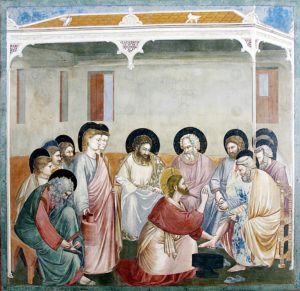 in the life of Christ. We also receive the indwelling of the Holy Trinity, the theological virtues of faith, hope, and charity, by which we can believe and make acts of faith, hope in the promises given, and love God and neighbor. He washes us in baptism to give us His life. This already is the seed of eternal life that through our lives, by His grace and Sacraments, must grow until we become uniquely and totally conformed to Him.[iii]
in the life of Christ. We also receive the indwelling of the Holy Trinity, the theological virtues of faith, hope, and charity, by which we can believe and make acts of faith, hope in the promises given, and love God and neighbor. He washes us in baptism to give us His life. This already is the seed of eternal life that through our lives, by His grace and Sacraments, must grow until we become uniquely and totally conformed to Him.[iii]
Then, “Having become a child of God clothed with the wedding garment, the neophyte [i.e., newly baptized Catholic] is admitted ‘to the marriage supper of the Lamb’44 and receives the food of the new life, the body and blood of Christ…”[iv]
As Baptism marks the beginning of the divine life within us, so the Eucharist sustains that life and is also a “pledge of future glory”. The Eucharist promises us the fulfillment of our life of faith, hope, and love. As we read in the prayer:
O Sacred Banquet |
O Sacrum Convivium |
| O sacred banquet, in which Christ is received, the memory of His Passion is renewed, the mind is filled with grace, and a pledge of future glory is given us. Alleluia.[v] |
O sacrum convivium, In quo Christus sumitur, Recolitur memoria passionis eius; Mens impletur gratia, Et futurae gloriae, nobis pignus datur. Alleluia. |
Since the Eucharist is the pledge of future glory, we must always be vigilant and pray to receive Him worthily. We read in St. Luke’s Gospel about the warnings to his followers to stay awake and be alert for the coming of the Bridegroom. He encourages us to have hearts that are watchful and not to become drowsy waiting for Him. He promises, to the faithful servant who is awake and watching, that He will gird himself and serve him at His table.
From this we can see that He both feeds us by His Body and Blood in the Eucharist and foreshadows the consummation of the union that will happen at the end of time for those who have faithfully followed Christ. Indeed, the Bridegroom already comes now as the soul is wedded to Christ in baptism and fed by Him along the way.
“Let your waist be girded and your lamps burning…like people waiting for their Lord when he will return from the wedding chamber, so that whenever he comes and knocks, they may open to him at once.”
We read in the in the Gospel of Saint Luke:
“Let your waist be girded and your lamps burning. Be like people waiting for their Lord when he will return from the wedding chamber, so that whenever he comes and knocks, they may open to him at once. Blessings to those servants whom, when their Lord will come, he shall find while they are watching. Amen, I say to you, that he shall gird his waist and he shall make them recline and he shall go through and shall wait on them. And if he will come in the second or third watch, and he will find them thus, blessings to those servants.”[vi]
Awake Sleeper
And from the Advent hymn, Awake Sleeper:
Sion hears the watchmen singing.
And all her heart with joy is springing;
She stands and waits with eager eyes:
See her Friend from heaven descending,
Adorned with truth and grace unending!
Her light burns clear, her star doth rise.
Now come, Thou blessed One,
Lord Jesu, God’s own Son!
Hail, hosanna!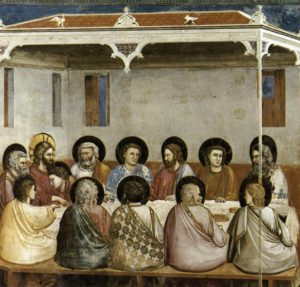
The hall we see,
So follow we:
There Thou has bid us sup with Thee.[vii]
And where does He sup with us after washing us? In this present age, in the Eucharist, for he said: “I have earnestly desired to eat this passover with you…”[viii]
The juxtaposition that we experience through longing for Christ’s fuller presence and receiving Him through faith, hope, and love is very much in keeping with the spirit of Advent. A homily by Saint Charles Borromeo sums this up neatly:
Each year, as the Church recalls this mystery, she urges us to renew the memory of the great love God has shown us. This holy season teaches us that Christ’s coming was not only for the benefit of his contemporaries; his power has still to be communicated to us all. We shall share his power, if, through holy faith and the sacraments, we willingly accept the grace Christ earned for us, and live by that grace and in obedience to Christ.
The Church asks us to understand that Christ, who came once in the flesh, is prepared to come again. When we remove all obstacles to his presence he will come, at any hour and moment, to dwell spiritually in our hearts, bringing with him the riches of his grace”[ix]
In the sacraments, we receive a pledge, the promise of the fulfillment of the life of grace that is begun by our incorporation into the Body of Christ. As we have read, we need to be open to his grace and to continue to watchful and awake as we await the fullness of His coming.
Other posts about the Most Holy Eucharist:
de Bondone, Giotto, and José Luiz Bernardes Ribeiro. “Washing of the Feet, 1303.” Washing of the Feet – Capella dei Scrovegni – Padua 2016. Wikimedia Commons, October 14, 2016. https://commons.wikimedia.org/wiki/File:Washing_of_the_Feet_-_Capella_dei_Scrovegni_-_Padua_2016.jpg.
de Bondone, Giotto. “Last Supper, c. 1304-1306.” Giotto di Bondone – No. 29 Scenes from the Life of Christ – 13. Wikimedia Commons, July 24, 2011. https://commons.wikimedia.org/wiki/File:Giotto_di_Bondone_-_No._29_Scenes_from_the_Life_of_Christ_-_13._Last_Supper_-_WGA09214.jpg.
[i] John 13:8, 7
[ii] John 13:4, 5 New American Standard 1977, https://biblehub.com/john/13
[iii] “THE SACRAMENT OF BAPTISM” Catechism of the Catholic Church – The sacrament of Baptism. Accessed December 2, 2020. https://www.vatican.va/archive/ccc_css/archive/catechism/p2s2c1a1.htm.
[iv] Ibid., 1244. Quotation Rev 19:9.
[v] “O Sacrum Convivium” (Motet Translations). Messiaen: O sacrum convivium – Text. Emmanuel Music . Accessed December 2, 2020. http://www.emmanuelmusic.org/notes_translations/translations_motets/t_messiaen_sacrum_convivium.htm.
[vi] Luke 12:35-38, Aramaic Bible in Plain English; https://biblehub.com/luke/12
[vii] “Wachet auf.” The Summit Choirbook | Hymnary.org. Accessed December 1, 2020. https://hymnary.org/hymnal/SUMMITCB. Print version,
[viii] Catholic Biblical Association (Great Britain). (1994). The Holy Bible: Revised Standard Version, Catholic edition (Lk 22:15). New York: National Council of Churches of Christ in the USA.
[ix] Borromeo, Saint Charles. “From a Pastoral Letter by St Charles Borromeo: The Season of Advent.” Week 1 Monday – Office of Readings. Accessed December 1, 2020. http://www.liturgies.net/Liturgies/Catholic/loh/advent/week1mondayor.htm.
Acta Ecclesiae Mediolanensis, t. 2, Lugduni, 1683, 916-917
Posted December 9, 2020
Updated January, 27, 2021
